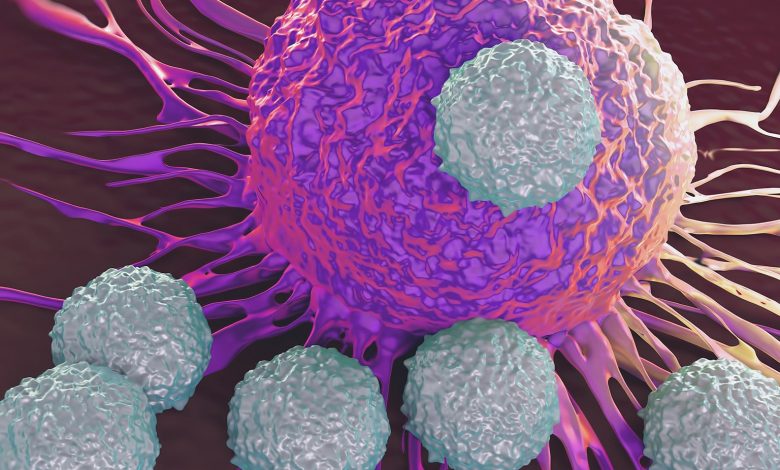
Follicular lymphoma is the most prevalent slow-growing non-Hodgkin Lymphoma (NHL), affecting an estimated 15,000 persons in the U.S. each year. Because the disease progresses very slowly, the average age of the victims is 60 years old. It is considered to be largely incurable, with frequent recurrences that necessitate many treatments over the course of the patient’s lifetime after diagnosis. But good news has arrived for the thousands of people who have experienced these recurrences.
The FDA has approved a tailored cellular therapy for the treatment of people with refractory or relapsed follicular lymphoma, having had two or more previous rounds of systemic therapy. The drug was developed at the University of Pennsylvania’s Abramson Cancer Center. Novartis received fast clearance from the FDA for Kymriah® (tisagenlecleucel), a chimeric antigen receptor (CAR) T-cell treatment. This makes it the third indication for the first customized cellular therapy for cancer in the United States. It is still the only CAR-T therapy that is authorized for use in both adults and children.
“Being able to extend the reach of this personalized therapy to patients with follicular lymphoma is an exciting milestone for our team, our patients, and their families,” said Stephen J. Schuster, MD, director of Abramson Cancer Center’s Richard Berman Family Center for Innovation in CLL and Lymphoma and Penn’s Perelman School of Medicine. “Previously, we’ve had very little to provide our patients when they relapse, and with follicular lymphoma, relapses are quite common. This third approval offers renewed hope.”
Kymriah was initially evaluated for adult patients with advanced chronic lymphocytic leukemia in clinical studies at Penn in 2010. A trial of the treatment in young patients with acute lymphoblastic leukemia began in 2012, thanks to cooperation with Children’s Hospital of Philadelphia. In the same year, Penn and Novartis formed a collaboration to advance CAR-T cell research, development and commercialization. In 2017, the FDA approved Kymriah as the first CAR-T cell for the treatment of select pediatric and young adult patients with acute lymphoblastic leukemia.
Dr. Schuster oversaw one of the largest trial sites in the United States for the pivotal Phase 2 ELARA study. The trial comprised of 97 adult patients who were treated with Kymriah and was done at 30 locations. A majority of the patients responded to the treatment, 86% in total. A full 68% responded completely. 85% percent of the patients were still in remission after a year. Cytokine release syndrome, infections-pathogens unspecified, weariness, musculoskeletal discomfort, headache, and diarrhea were the most prevalent side effects, which were reported by 20% or more of the subjects.
“In a little over ten years, we’ve gone from treating the first patients with CAR-T therapy and seeing them live healthy lives beyond cancer to having three FDA-approved uses of these living drugs that have helped thousands of patients around the world,” enthused Carl June, MD, the Richard W. Vague Professor in Immunotherapy and director of the Center for Cellular Immunotherapy at Penn’s Perelman School of Medicine.
“The explosion of new therapies using cell and gene therapy such as this CAR-T therapy for FL has opened up new avenues to developing more treatments and cures in the cancer space,” said Robert H. Vonderheide, MD, is the John H. Glick Abramson Cancer Center Professor at Penn’s Perelman School of Medicine and the Phil director of the Abramson Cancer Center. “Every day, doctors and scientists at Penn try to find new targets and conduct new studies for these individualized medicines in order to help more patients with more malignancies.”





